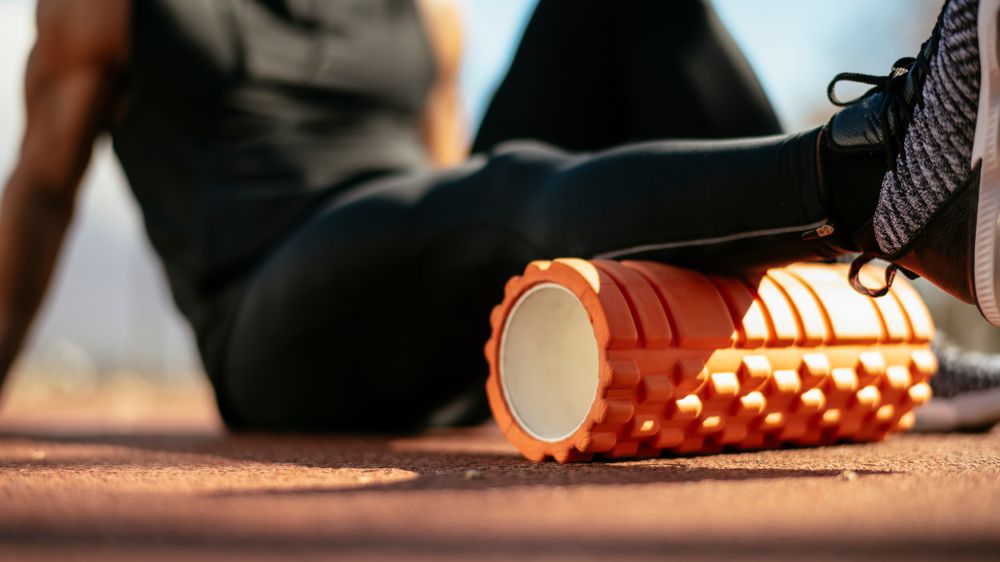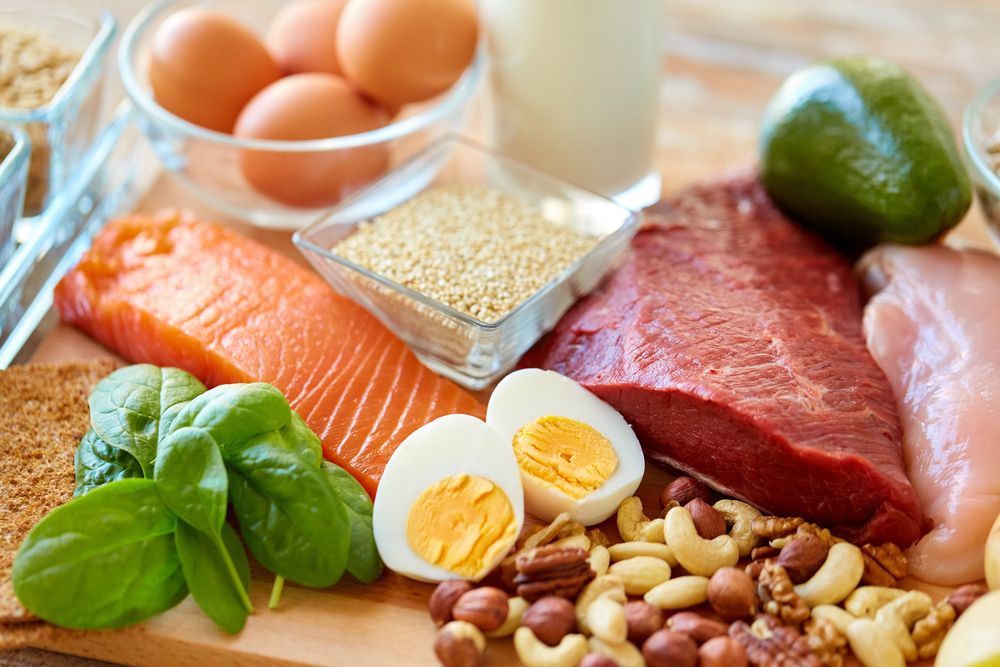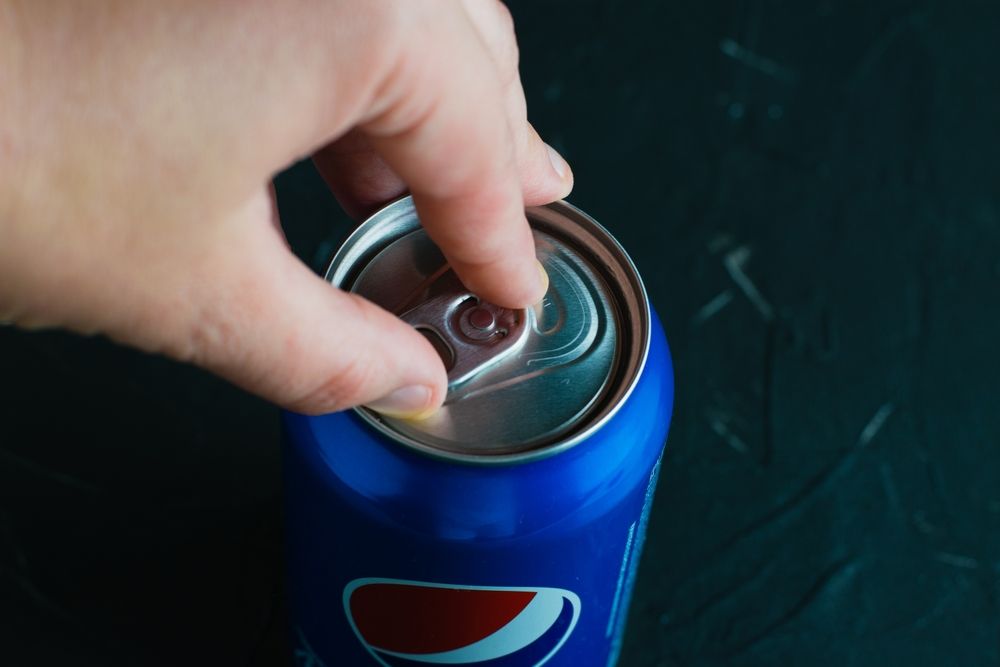When striving for a fitness objective, it's essential to optimize every aspect of your regimen, from the workout itself to your pre and post-workout routines. We consulted certified personal trainers who identified 10 detrimental post-workout mistakes that could significantly impede your progress. By heeding their advice, you can adjust your routine as needed and steer clear of these pitfalls.
Continue reading to discover insights from experts on the 10 worst post-workout mistakes that jeopardize your gains.
1) Drinking caffeine after working out

Opting for a caffeinated beverage right after completing a workout ranks among the top mistakes to avoid. So, say no to energy drinks and cups of coffee!
"Physical exercise puts stress on the body, triggering the release of cortisol," explains Alissa Tucker, NASM-CPT and master trainer for AKT. "Caffeine also elevates cortisol levels. While cortisol is necessary, consistently high levels can lead to various health issues, including inflammation and weight gain."
Tucker advises having your morning coffee before exercising and opting for hydrating options like coconut water or plain water post-workout.
"Studies indicate that consuming caffeine before a workout can enhance performance, boost motivation, and alleviate muscle soreness," Tucker highlights. "Engaging in meditation after your workout or dedicating three to five minutes for deep breathing can help transition your body from the sympathetic to the parasympathetic nervous system, facilitating quicker cortisol level reduction."
2) Not getting enough sleep

A crucial phase of recovery for your body occurs during sleep, highlighting the importance of adequate rest after exercise. "During deep sleep (non-REM sleep), your breathing slows, blood pressure drops and your brain rests, allowing increased blood flow to deliver oxygen and nutrients to muscles for recovery, healing, and growth. Additionally, deep sleep prompts the release of human growth hormone, stimulating tissue growth and muscle repair," explains Tucker.
The Sleep Foundation recommends that healthy adults aim for a minimum of seven hours of sleep per night. "While a 6 a.m. workout may seem ideal for kickstarting your day, early mornings could actually hinder your health goals if they result in insufficient sleep," Tucker cautions. "Prioritize sleep by adopting good sleep habits such as limiting screen time before bed or using blue light-blocking glasses, avoiding alcohol and other stimulants, and refraining from eating too close to bedtime."
3) Foam rolling too quickly (or not doing it at all)

The initial step involves ensuring you foam roll post-workout, followed by executing the technique correctly. "Most active individuals are aware of the benefits of foam rolling or self-myofascial release (SMR), which is fantastic. However, I still observe many people performing it incorrectly," Tucker emphasizes. "The objective of foam rolling is to address adhesions or trigger points (knots) in the fascia. While it may feel soothing to simply roll back and forth over a sore muscle, rapid movements fail to engage the Golgi tendon organ effectively, yielding minimal benefits."
Identify the areas of your body experiencing tightness or discomfort. Roll slowly and pause at each trigger point for 30 to 45 seconds to relieve tension. "By holding the foam roller on the trigger point for an adequate duration, the Golgi tendon organ essentially dampens the activity of the muscle spindle, allowing the muscle fibers to stretch, release knots, and realign," Tucker explains.
4) Rushing into another intense workout

Tucker notes that while it might seem trivial, she's encountered many "workout-obsessed clients" engaging in "doubles," or consecutive high-intensity workouts. "While occasional doubles might be acceptable with certain types of exercises, excessive high-intensity workouts without adequate recovery time can lead to persistently elevated cortisol levels, glycogen depletion, metabolic disruption, and an increased risk of injury if done regularly— all detrimental to workout outcomes," she explains.
Emphasizing the importance of rest and recovery, Tucker advises allowing at least eight hours, ideally 24 hours, for the body to recuperate between intense workouts. If you're inclined to add an extra session, consider a lower-intensity strength workout combined with higher-intensity cardio. "Alternatively, consider forgoing the second workout and opt for gentle activities like nature walks or leisurely bike rides, both of which aid in cortisol level balance," Tucker recommends.
5) Putting yourself in a stressful situation

We've established that physical activity triggers the release of the stress hormone cortisol. Consistent stress keeps cortisol levels elevated, leading to various health concerns and hindering fitness goals by promoting belly fat accumulation, unhealthy food cravings, and metabolic disruption.
"Follow the lead of yogis and incorporate a savasana or mindful practice after your workout to allow your nervous system to recalibrate before returning to daily stressors like work or traffic," Tucker advises. "This could involve lying down for a few minutes, practicing gentle breathwork, guided meditation, or simply taking a leisurely walk outdoors. Integrating this practice into your post-workout routine can facilitate the transition from the sympathetic (fight or flight) to the parasympathetic (rest and digest) state, ultimately enhancing exercise outcomes over time."
6) Not consuming enough protein

Insufficient protein intake post-workout can lead to feelings of fatigue, weakness, and suboptimal recovery, warns Sasha Mihovilovic, NASM-CPT and master trainer for AKT. "Neglecting this macronutrient can also result in muscle mass loss," he adds.
To sidestep this issue, aim to consume protein within 30 to 90 minutes after your workout. For a convenient protein boost, consider mixing your preferred protein powder with water, coconut water, or dairy-free milk in a shaker bottle. "Alternatively, if time allows, preparing a smoothie beforehand or having one ready-made can maximize post-exercise muscle protein synthesis rates and facilitate more efficient muscle recovery," Mihovilovic suggests. "Similar to planning your workout attire the night before, always have a post-workout protein source prepared."
7) Drinking alcohol

Indulging in alcohol after a workout is another mistake you should steer clear of, according to Mihovilovic. He warns that it can lead to heart disease, high blood pressure, stroke, digestive issues, and liver disease. Furthermore, immediate dehydration is a common side effect.
"It's crucial to replenish lost fluids from sweating before consuming alcohol, as it can exacerbate dehydration and hinder muscle recovery," Mihovilovic advises. If you're celebrating a special occasion or meeting friends after exercising, consider alternatives like sparkling water, kombucha, freshly squeezed green juice, or a hydrating mocktail.
8) Not cooling down or stretching

"The purpose of a cool down is to gradually lower your heart rate back to or near your resting heart rate," explains Mihovilovic. "Abruptly stopping without a cool-down can lead to lightheadedness, dizziness, or fainting. Incorporating static stretching and foam rolling into your cooldown is also crucial as they can enhance joint range of motion, reduce injury risk, alleviate potential cramping, promote circulation, and lessen muscle soreness."
Allocate three to five minutes for cooling down after your workouts and prioritize it with the same importance as your main workout. "A common misconception is that if an activity isn't actively burning calories or feeling intensely challenging, it's not beneficial," Mihovilovic notes. "If you plan a 30-minute workout, ensure the last three to five minutes encompass your cool-down."
9) Eating sugary, overly processed foods and beverages

Opting for foods and beverages with a high glycemic index can lead to rapid fluctuations in blood sugar levels, warns Mihovilovic. Consistent consumption of such items may increase the risk of diabetes, heart disease, and obesity.
"After your workout, if you find yourself craving sugar and sweets, it's your body signaling the need to replenish glycogen stores and a reminder to refuel," explains Mihovilovic. "Instead of reaching for simple carbohydrates or sugary drinks like soda, opt for whole fruits, vegetables, and complex carbohydrates! Following an intense workout, my preferred choices include coconut water, watermelon water, a banana, or fresh berries."
10) Having a "this for that" mentality

Adopting a "this for that" mindset, like going for a five-mile run as justification for indulging in pizza afterward, is a significant mistake.
"The idea of trading exercise or calorie burning for food consumption, or vice versa (eating poorly and then exercising as a form of 'punishment'), is a dangerous path," warns Mihovilovic. "Consistently linking exercise to food intake can cultivate an unhealthy relationship and mentality towards food. This can lead to binge eating, anxiety surrounding food and exercise, unwarranted feelings of guilt, and an overall imbalanced diet."
Mihovilovic encourages viewing food as fuel, or "energy input," and exercise as "energy expenditure." Both are interconnected and vital for optimal functioning. Food nourishes your body, supporting brain function, muscle health, and cardiovascular activity. Sharing meals with loved ones fosters a sense of community and pleasure. Similarly, regular exercise is essential for overall well-being. "Shifting the focus to seeing eating and exercising as essential aspects of living a fulfilling life can help break free from the 'this for that' mindset!"

